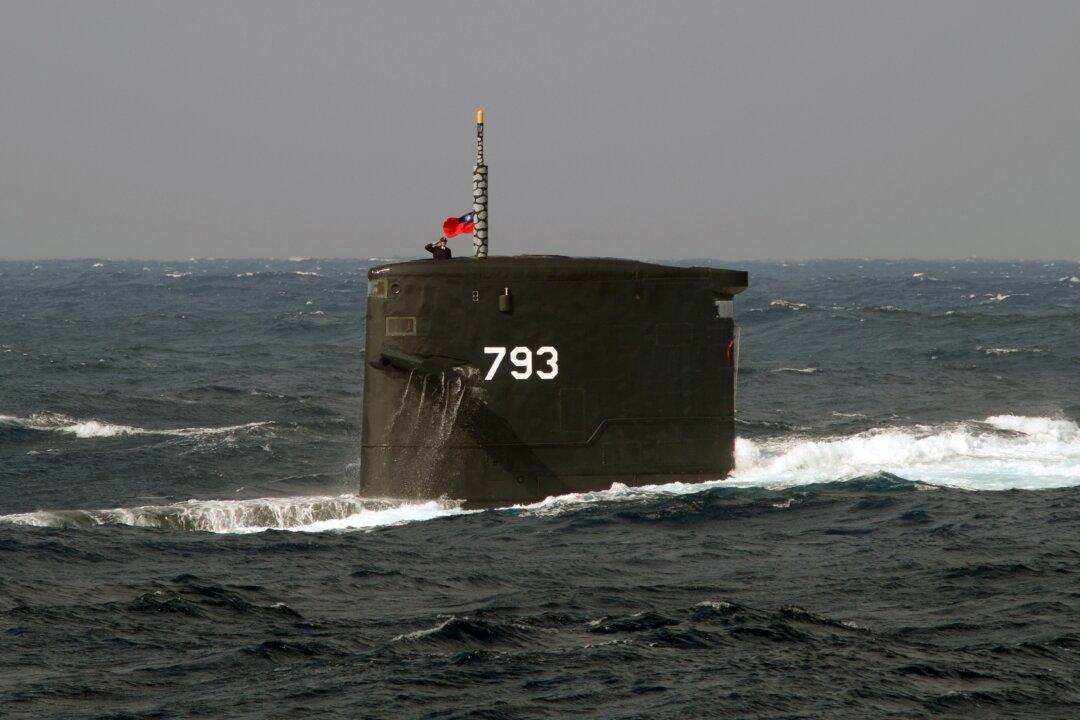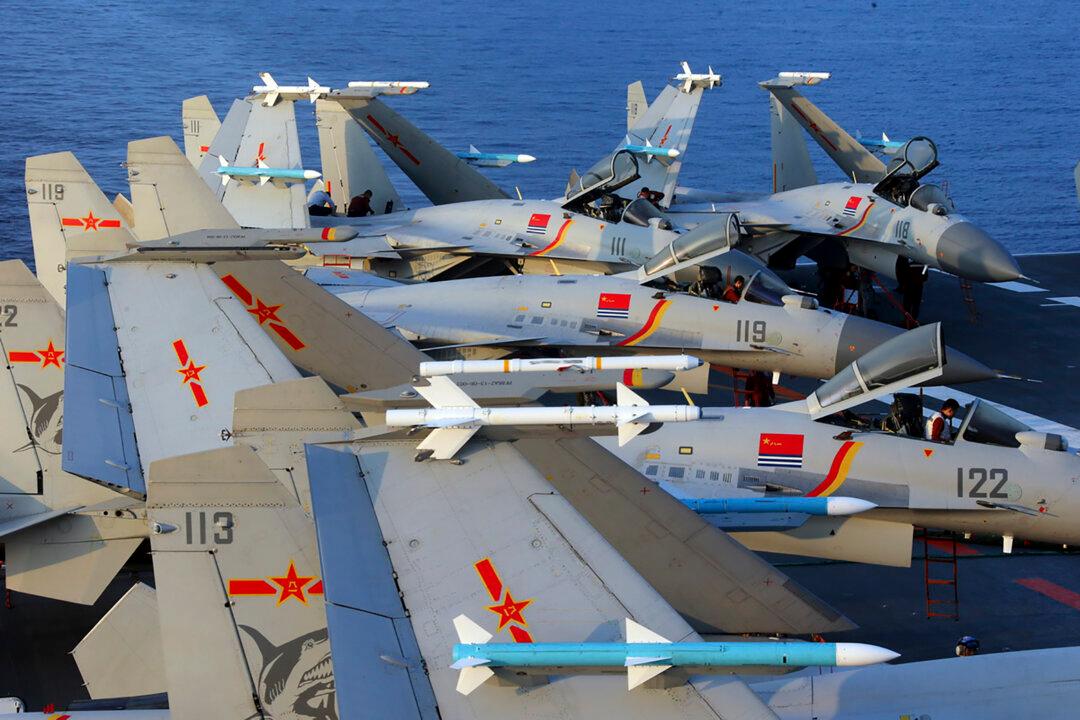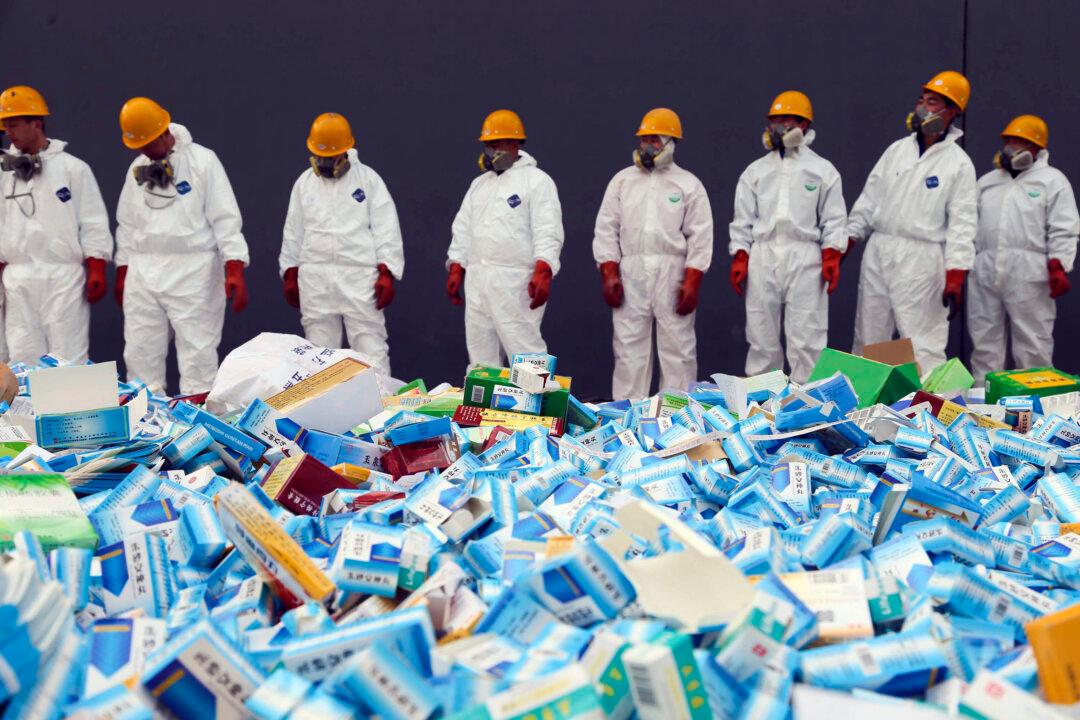The U.S. State Department has approved a long-standing request from Taiwan to solicit help from American companies in building the island nation’s own indigenous submarines. While the go-ahead is only the first step in a long process, observers say the decision reflects the Trump administration’s commitment to strengthening Taiwan’s defense and deterring the Chinese regime’s aggression.
Taiwan’s Ministry of National Defense confirmed on April 7 a Taiwanese media report that the U.S. government has awarded a marketing license in support of the island nation’s efforts to develop its own diesel-electric submarines. It added that it “expresses its thanks to the U.S. government for attaching importance to Taiwan’s defense and security.”




